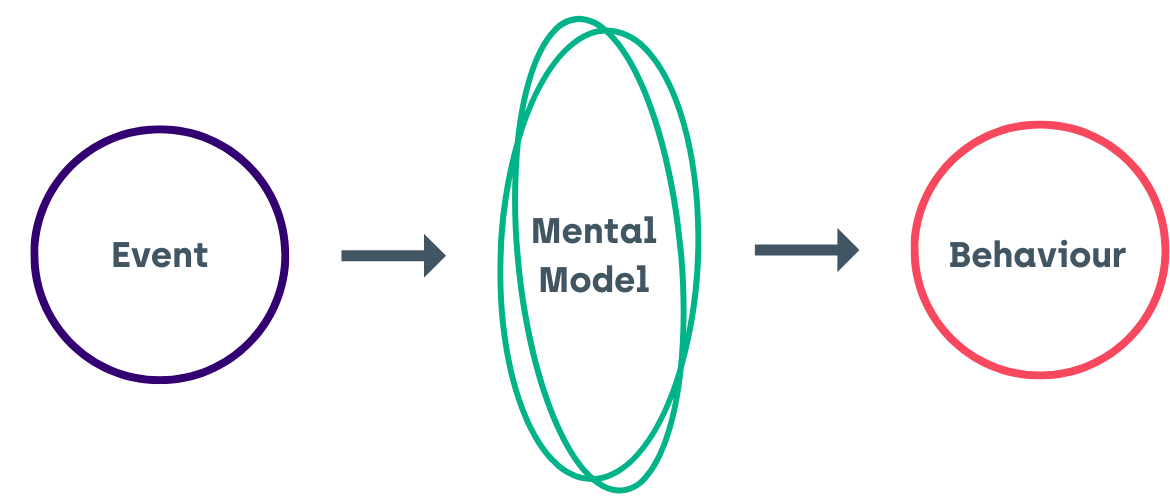According to a 2022 survey of US social media users, there is an overall decline of user trust in social platforms. The percentage of users who agreed that they felt safe participating and posting on social platforms dropped from 44% in 2021 to 35% in 2022.
Trust takes years to build, seconds to break, and forever to repair.
Winning and retaining the trust of users is becoming increasingly important as new technology and innovation continue to be embedded into our everyday lives. Why is it so important to take the time to gain users’ trust? Because with trust comes integrity, and with integrity comes loyalty, and as the old adage goes, ‘trust takes years to build, seconds to break, and forever to repair.’ Many consumers will stop buying from a company when it fails to protect customer data, and where trust is lower, so is adoption in new technologies.
UX research plays a valuable role in understanding user expectations related to trust and integrity. At the heart of this is content moderation and policy enforcement. Both areas that have garnered a great deal of media attention in recent years with the rise of fake news, extremist views, and hate speech.
Exploring the appeals experience.
However, an area that is often overlooked, but no less important, is the appeals experience. The appeals experience is defined as:
“The user experience of challenging decisions taken by human moderators and/or AI algorithms, such as the removal of content that violates a platform’s policies, from the first notification received to the resolution of the appeal.”
The appeals experience can occur on any platform where there is an appeals process. For instance, this might be on social media sites where people report sensitive content, or on an ecommerce platform where people attempt to sell products that are illegal or do not meet the platform’s ecommerce policies. In both cases, the appeals process is relevant to the individual of which the content in question originates from. It is the mechanism by which they can challenge the objection and it plays a crucial role in the building of users’ trust and integrity in digital platforms.
The question for digital UX, however, is how much user research is used by tech companies to inform the design of appeals experiences, when these systems are a crucial part of user-oriented moderation processes. How do you conduct research on the level of trust and effectiveness of appeals systems from a user perspective?
Conducting UX research for online appeals: The ExperienceLab approach.
At ExperienceLab, we have conducted qualitative and user research for a digital platform client to investigate the mental model and expectations their users have for an appeals experience. The users of interest for this project were sellers that currently use the platform to sell their products.
Sellers often deal with issues relating to their products or shop, due to the enforcement of various policies on the platform. Therefore, it was important to address the unhappy paths within the appeals process. When poor UX is combined with the frustration of not being able to resolve an issue and not being able to get support, sellers are likely to drop off and focus their efforts on another platform instead. Having a straightforward appeals system while still allowing sellers to express their voice is important to building trust. It demonstrates transparent communication of such processes, and that the seller’s feedback will be considered when appeals are reviewed.
We conducted several rounds of discovery and evaluative research throughout 2022. The initial in-depth interviews helped us establish an understanding of the current process from a seller perspective. Through thematic analysis, we identified a mental model (see figure 1) that enriched our client’s understanding of how sellers decide to appeal and the information they expect throughout the journey.

Concept and usability testing is also key.
In addition to interviews, we also conducted concept and usability testing with sellers to evaluate our client’s prototypes for potential design and content changes. We identified that sellers, for example, prefer versions of content that have clear explanations and suggested actions for them to take to resolve an issue with their shop. This feedback contributed to our client’s growing knowledge base of seller behaviour on the platform and needs for the appeals experience. It enabled them to iterate on designs and content for implementation or further testing.
We delivered actionable recommendations to our client for various areas of the platform relating to the appeals experience. For example, we identified key areas where information could be added, clarified, or presented earlier in the appeals journey. We proposed UX improvements for different user journeys and flows to improve the seller understanding and experience of appeals. Our recommendations also included changes to content across the platform and in emails sent to sellers, based on our findings around terminology, tone of voice, and call to actions.
How can ExperienceLab support you?
At ExperienceLab, we have seen an increase in briefs from clients related to areas such as the appeals experience, content moderation, tackling digital harm, and promoting integrity.
The relevance of these topics in the tech industry is likely to see an increase in companies investing in UX research over the coming months and years to ensure that their digital experiences build trust with users.
Get in touch with us if your business is interested in understanding how you can retain customer and user loyalty through building trust in your products and/or services.


